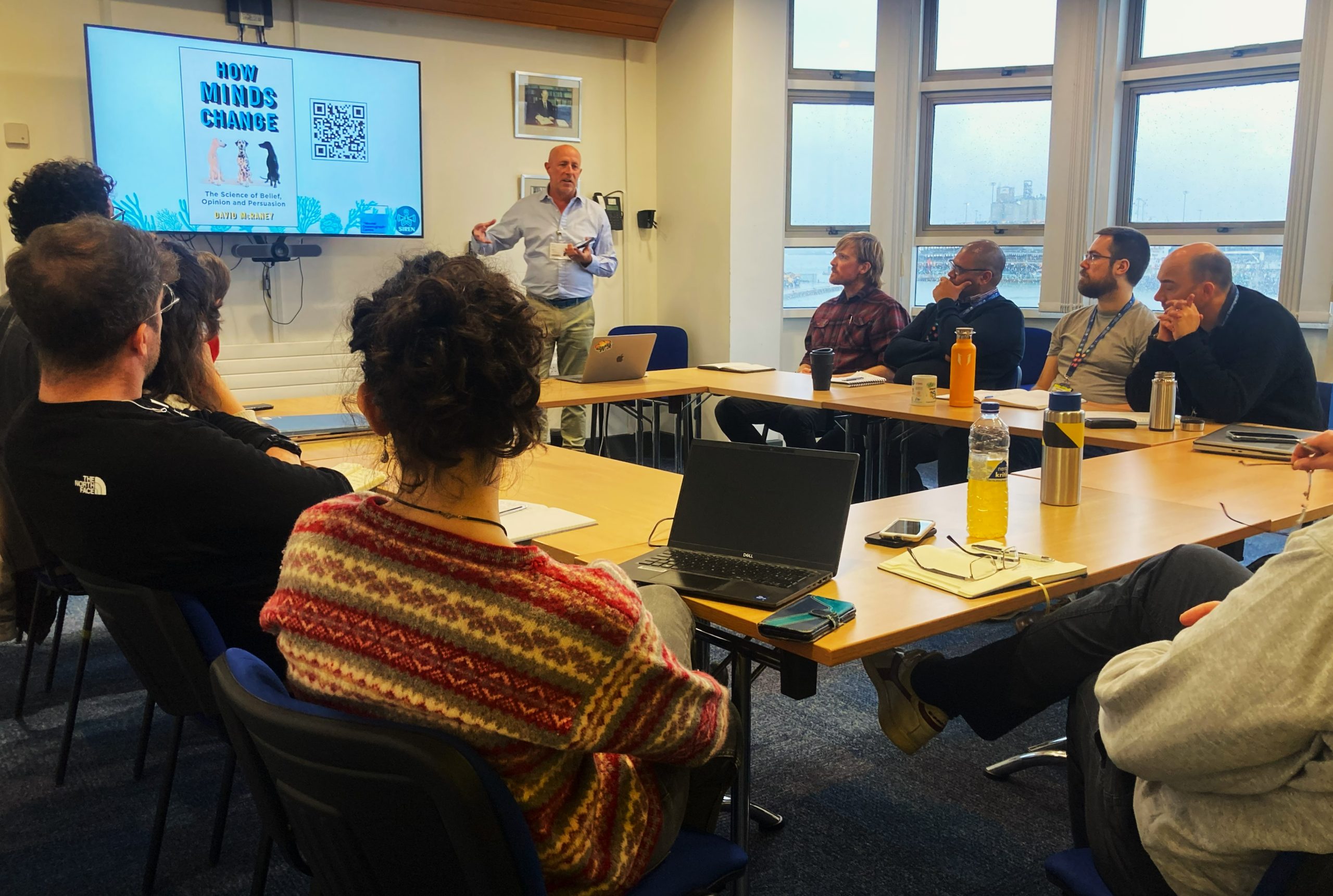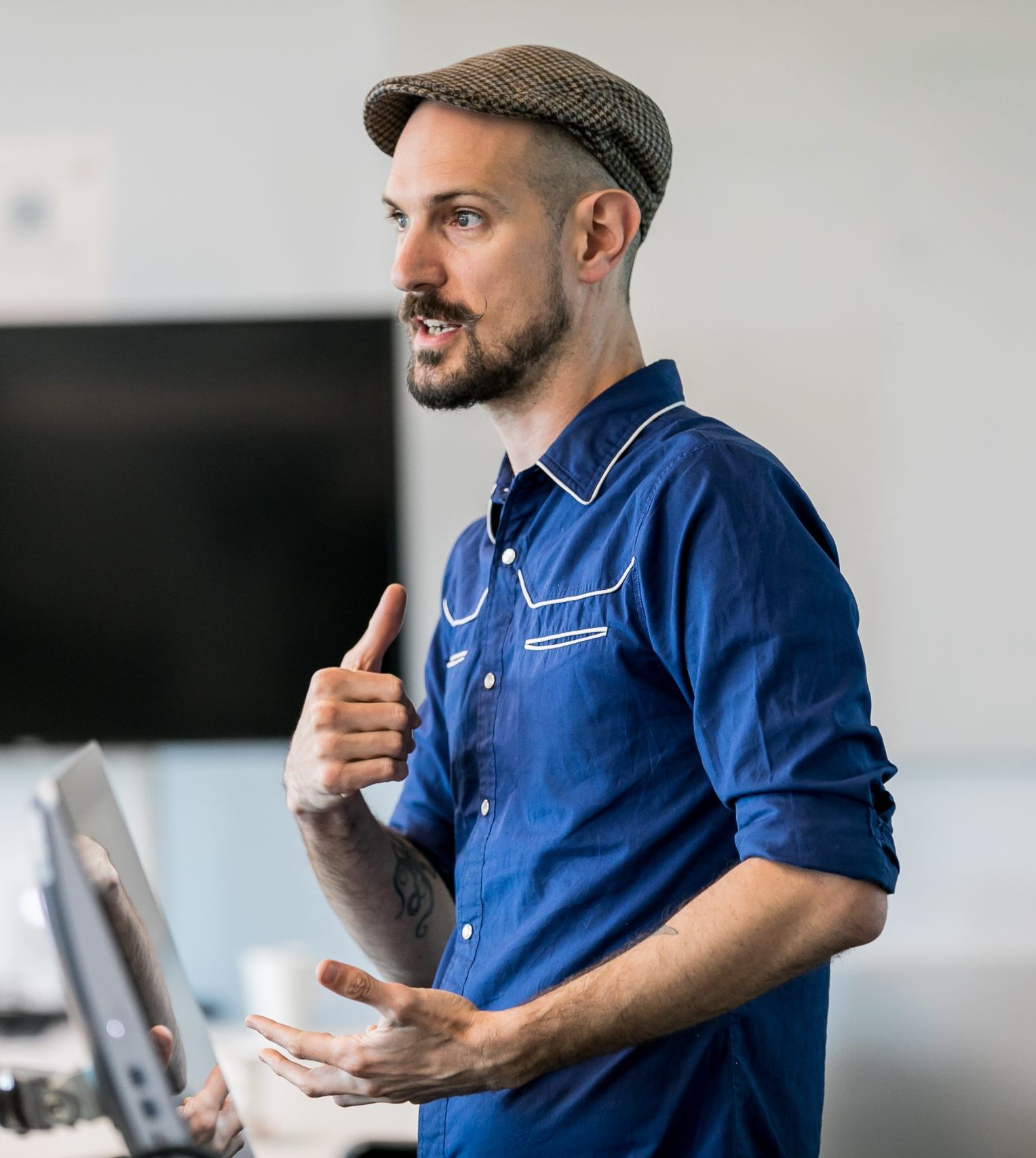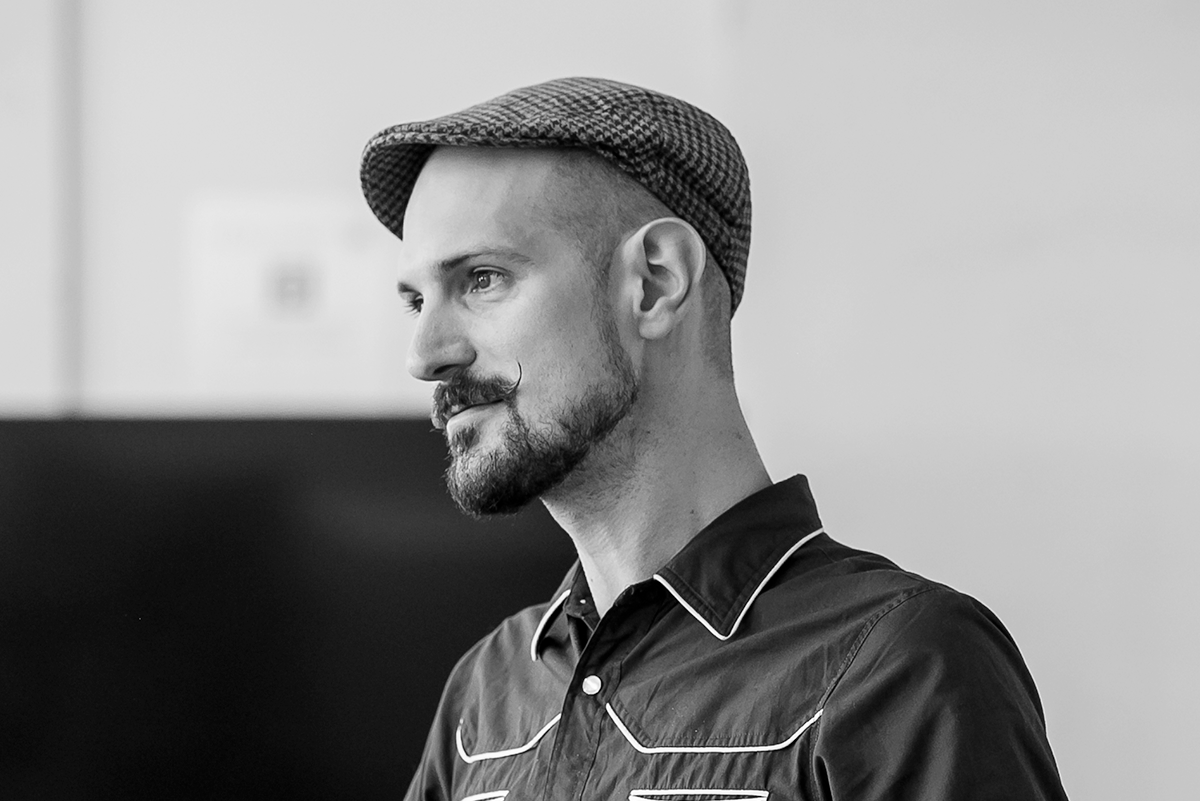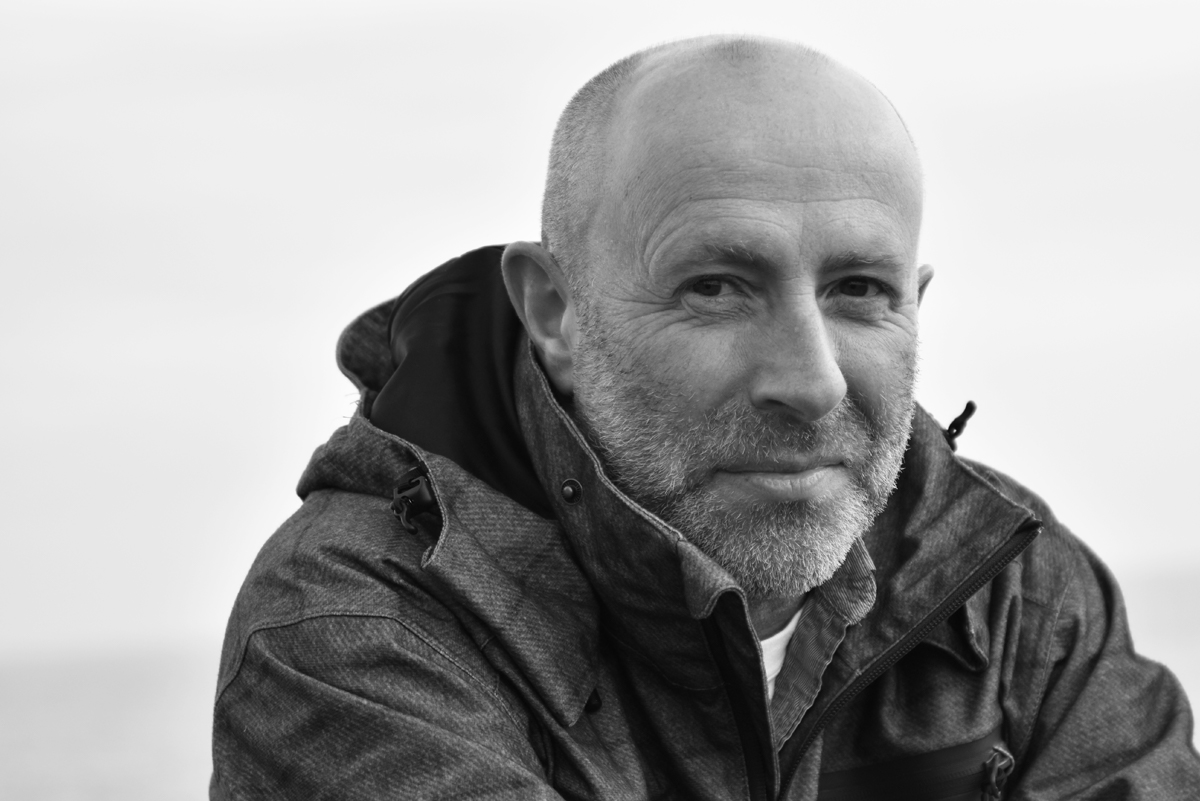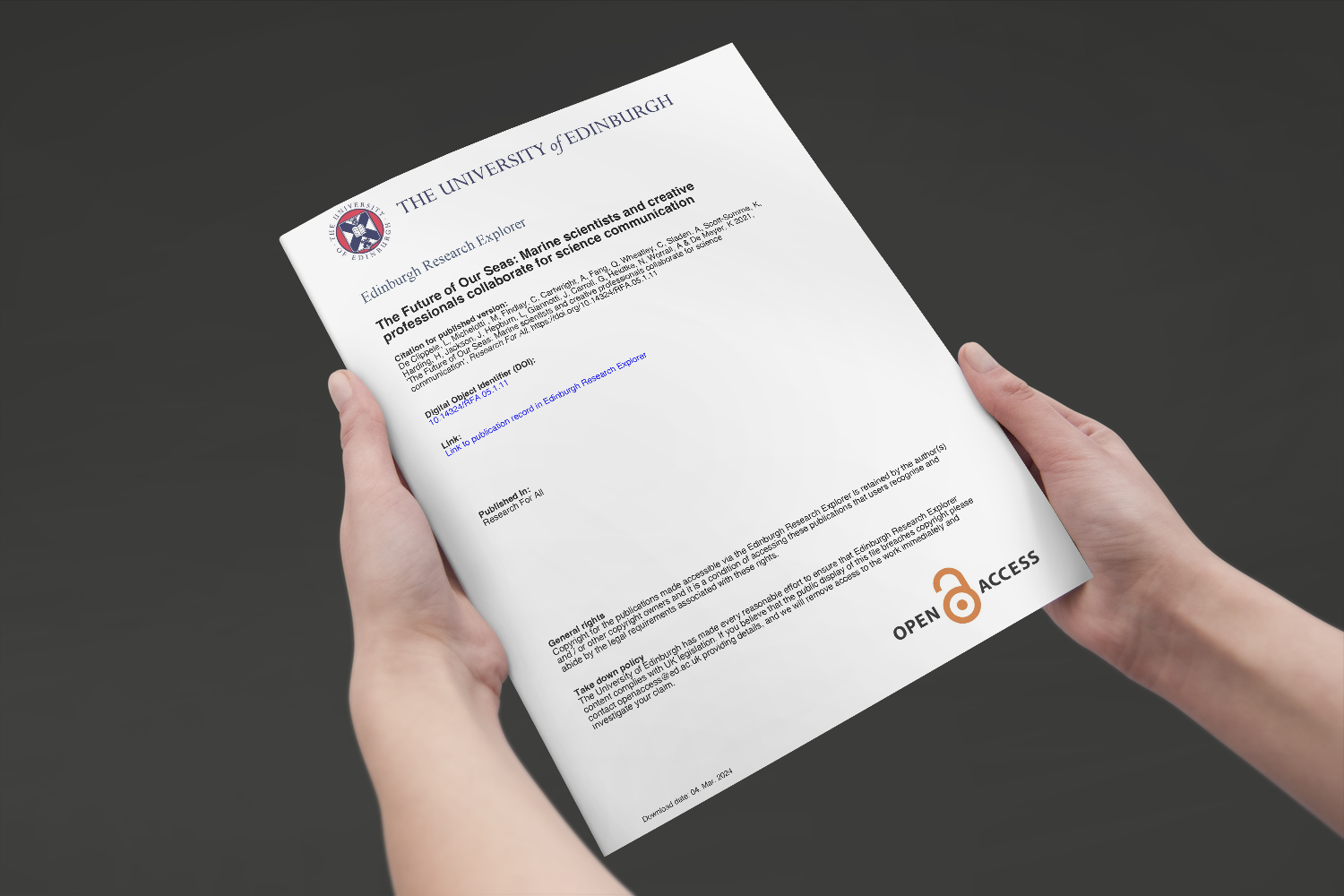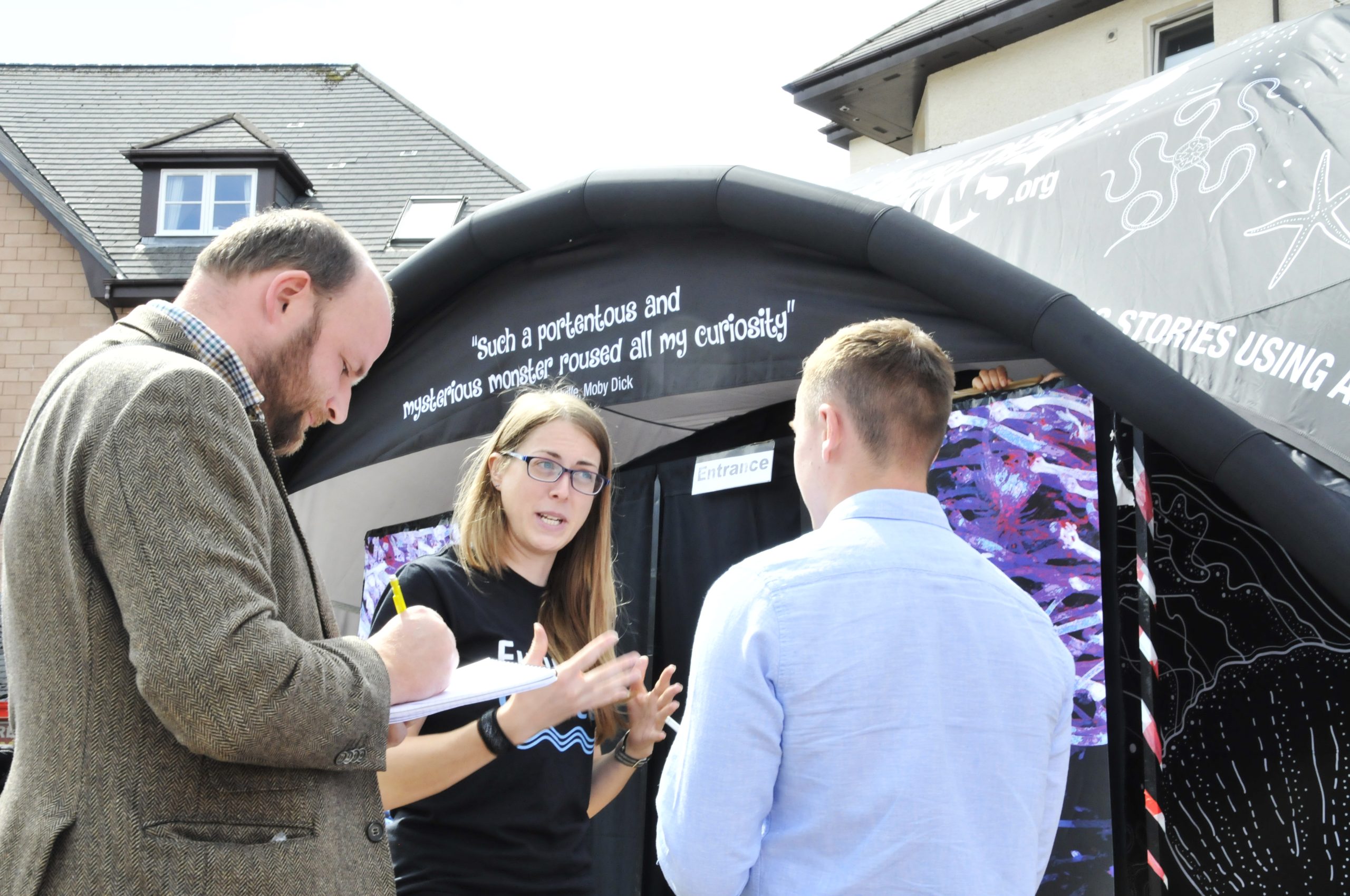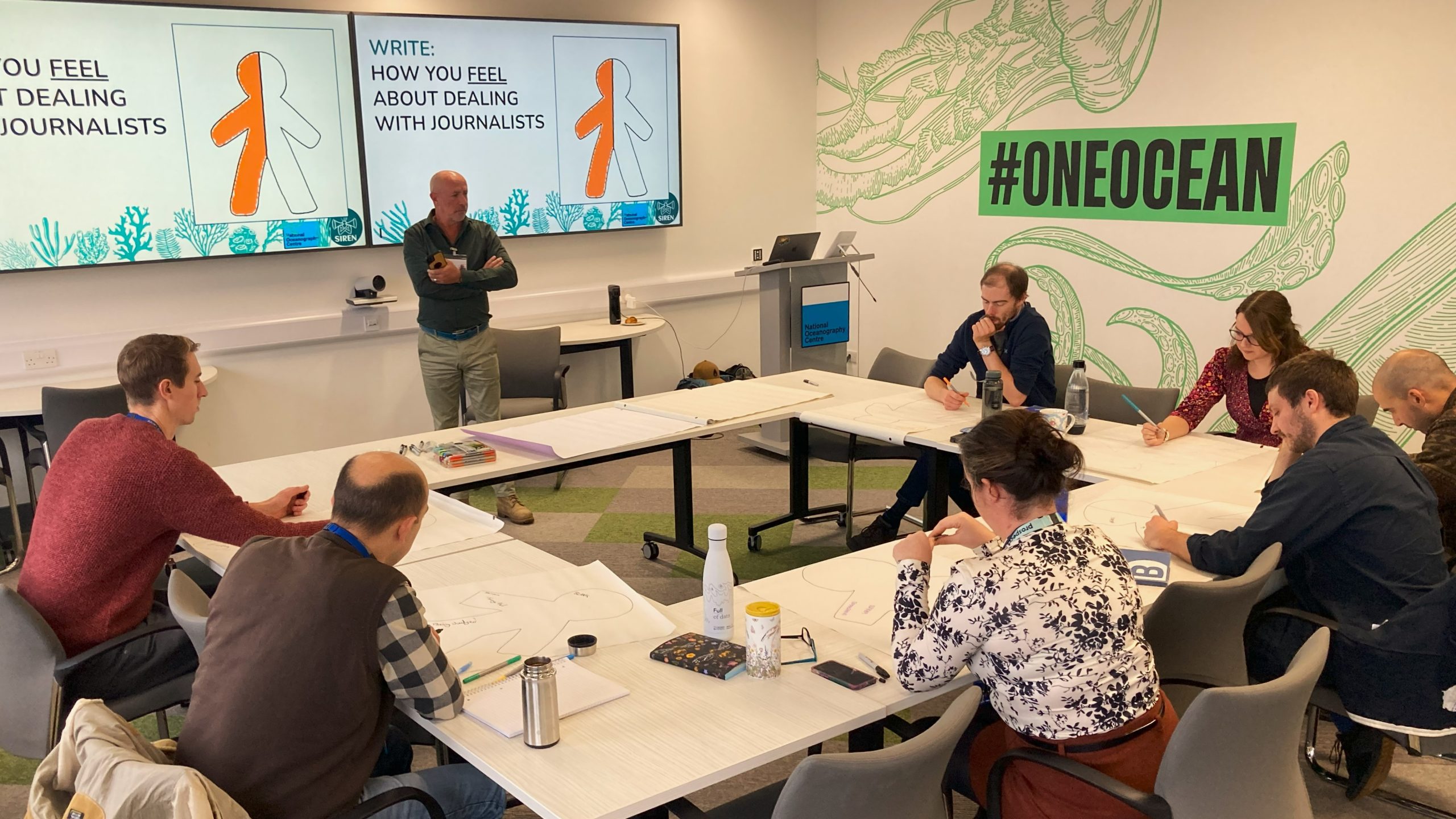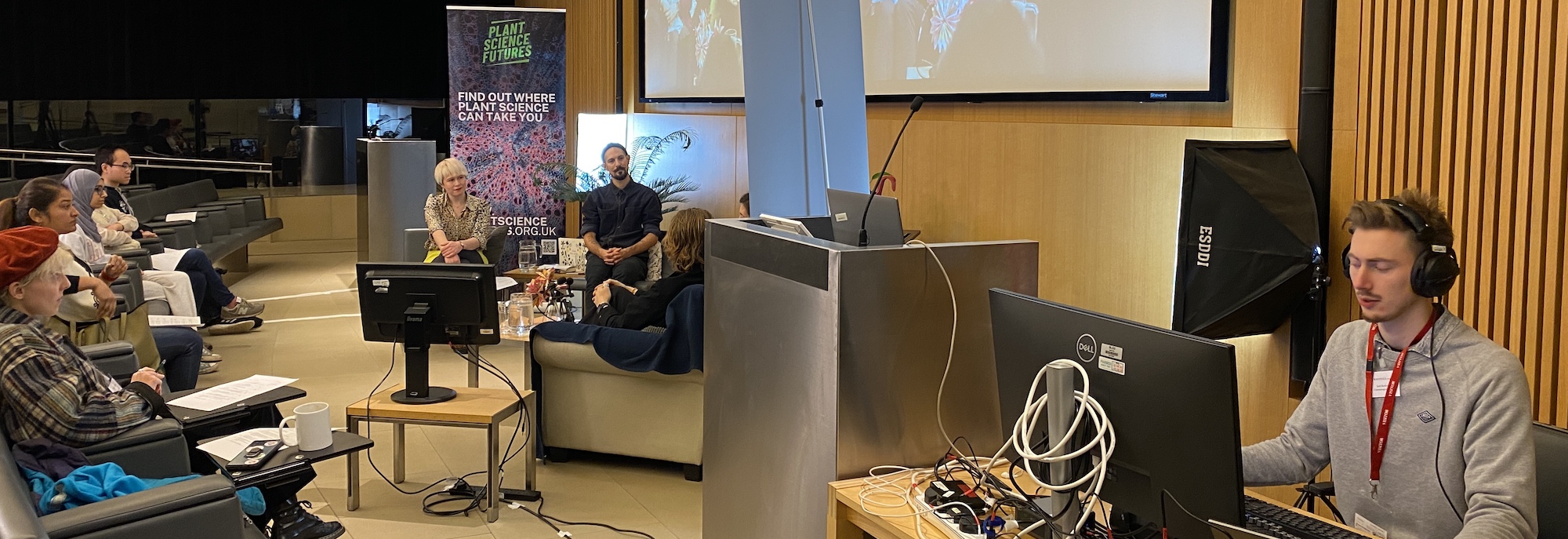Dr Russell Arnott PGCE
First and foremost, Russell is a marine science researcher. Having completed his undergraduate and Masters at University of Southampton, Russell went on to work as a survey oceanographer in the commercial sector. Specialising in the overlap in marine physics and ecology, Russell completed his PhD within the University of Bath’s Centre for Climate Adaptation & Environment Research before going onto positions at the University of Cambridge and currently, the University of Exeter’s Centre for Geography and Environmental Science where he lectures in oceanography.
Drawing upon his experience as a school science teacher, Russell is able to communicate science to different audiences across many different settings. He has had multiple TV and radio appearances including Sky News, BBC News, Euronews, BBC Radio 4 and various BBC regional radio stations.
Ian Rowlands
Having worked for various newspapers and media outlets, Ian has a diverse background in journalism. He now uses his talents to help those tackling, or dealing with, the greatest environmental challenges of our time, whether it be scientists, activists or young people.
After working in the environmental NGO sector for many years, Ian went on to curate and produce a number of influential large-scale ocean festivals. Bringing together the creative community, artists, performers, activists and the media, Ian led a team of 900 passionate volunteers to help communicate vital environmental issues to a diverse audience of over 35,000 people.
Ian is currently director of Siren Calling CIC. As well as delivering communications training to civil servants, fishers, and scientists, he also leads on youth projects, helping young people to produce digital content themed around ecology, sustainability, optimism, nature and mental health, which have gathered large online audiences.
